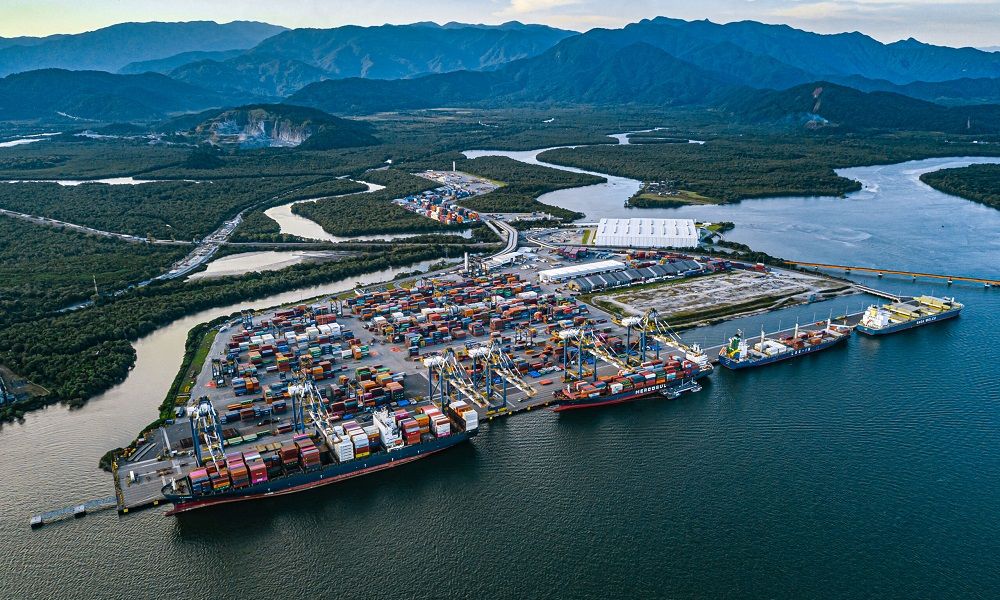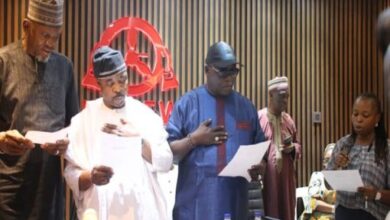The federal government of Nigeria has announced plans to make solar energy accessible and affordable for all Nigerians by next year.


The federal government of Nigeria has announced plans to make solar energy accessible and affordable for all Nigerians by next year.
This was revealed by the Director-General/CEO of the Energy Commission of Nigeria, Dr. Mustapha Abdullahi, during an interview with BBC Hausa service.
Dr. Abdullahi emphasized the urgent need for Nigeria to significantly boost its energy generation capacity to address the country’s persistent power challenges. He stated that Nigeria requires 40,000 megawatts of electricity to achieve stable power supply, as experienced in other developed countries.
“With the installed capacity of 12,000 megawatts, only 5,000 megawatts are currently available to the public. To meet Nigeria’s energy needs and provide stable power, we need 40,000 megawatts,” Dr. Abdullahi explained.
To tackle these challenges, the government has already unveiled a national energy master plan. The plan aims to address the energy deficit and ensure that all Nigerians gain access to reliable power supply. A key component of this initiative is the establishment of a plant dedicated to producing solar panels and batteries, which will help make solar power more affordable for Nigerians.
“I am assuring Nigerians that by next year, we will have achieved this goal,” Dr. Abdullahi stated, adding that solar energy will play a critical role in bridging the country’s energy gap.
He also revealed that the government has taken steps to enhance expertise in the renewable energy sector. A Renewable Energy College is currently under construction, which will offer free education to train professionals and address workforce shortages in the power sector.





